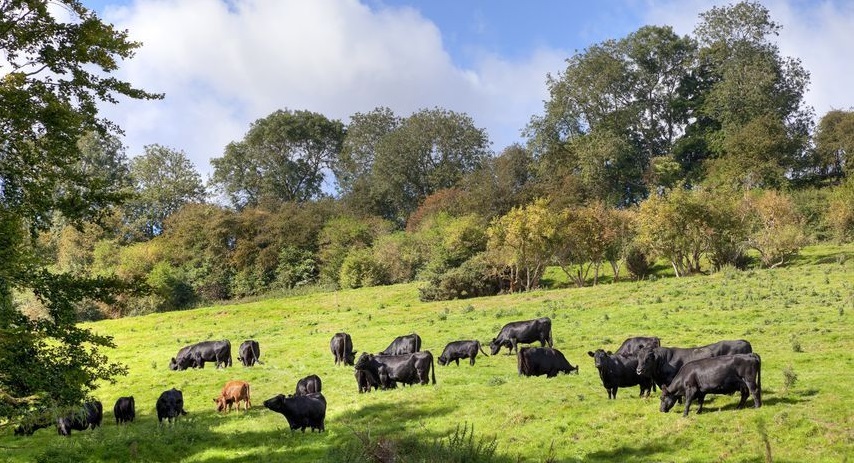
South West food producers are 'under serious threat' from a trade deal negotiated between Canada and the EU, according to the Green Party.
Molly Scott Cato MEP said she has received many letters and emails from constituents about the Comprehensive Economic and Trade Agreement (CETA), a 'lesser known cousin' of the highly publicised TTIP trade deal between the EU and US.
While TTIP is floundering due to French and German opposition and strong public opposition, critics say CETA would include many of the "damaging aspects" of TTIP and the deal is currently on the verge of being ratified, according to the Green Party.
The Canada-EU deal would involve ‘substantial liberalisation of trade in agricultural products’, the party said.
In Canada, 50% of food production comes from just 5% of farms and it is the third largest producer of GMOs in the world.
The country recently approved GMO salmon – a fish that matures at twice normal rate.
Tariff rates of 15% on salmon would be eliminated under CETA meaning more Canadian salmon flooding into the European market.

'Take us in the opposite direction'
“Many of the worst fears we had about TTIP could become reality quite quickly if we adopt CETA," the MEP said.
"Food standards in Canada are much weaker than those in the EU and we could, for instance, see chlorinated chicken and foods drenched in pesticides, hormones and food dyes on the menu faster than we think."
Campaigners are also warning about the erosion of so-called ‘Geographical Indications’ which ensure for example that Cornish pasties can only be called such if they are made in Cornwall and Dorset Blue Vinney named such if produced in Dorset.
Miss Cato said: “France and Italy have negotiated 42 exemptions each to protect many of their unique products, including brie and parmesan cheese, but the UK appears not to be interested in offering such protection to our food producers.
"Under CETA, we could see cheap imported Cornish Pasties from Ontario and faux Dorset Blue from Quebec."
Small food producers 'must not be forced' to compete
Miss Cato is urging people to lobby MEPs to vote down CETA, despite the decision to leave the EU.
Miss Cato, who is Green Party spokesperson for EU relations, said: “Some argued that leaving the EU would free us from having to sign up to damaging trade deals.
"While CETA’s better known cousin TTIP does now look dead, the UK remains gung-ho for such deals.
Miss Cato concluded: "Our vital small scale food producers, many producing unique and high quality products, must not be forced to compete with inferior and intensively produced imports.
"The government needs to stand up for our small scale farmers post-Brexit and prioritise a transition away from intensive farming, towards an environmentally and ecologically sustainable agricultural industry.
"CETA will take us in exactly the opposite direction and risks a race to the bottom on food quality, environmental standards and animal welfare."
